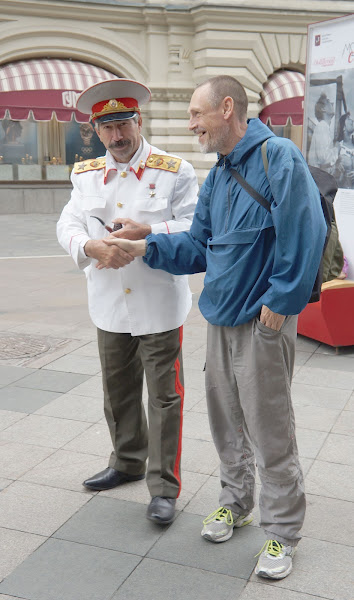Zen And The Art of Making Money
Zen and the art of making money presents: Zen And The Art Of Motorcycle Maintenance & Power of Now.

We listened to an audio book called Zen And The Art Of Motorcycle Maintenance by Robert M. Pirsig (1974). A friend had recommended it. We found the book rather confusing: a lot of fancy words and concepts but fundamentally nothing about nothing.
Our MP3-player played the chapters accidentally in a random order making the book more challenging than it was meant to be. It attempted to discuss philosophy using Eastern concepts of Zen Buddhism like Eckhart Tolle in Power of Now (1997), also recommended by a friend, with the exception that Tolle uses mystical language of Indian gurus instead of Pirsig’s kitchen philosophy. Power of Now is pseudo-spiritual new age literature.
Explaining The Unexplainable
Both writers try to describe enlightenment verbally. It is a challenging task as the words form an obstacle for understanding. They try to give meanings to the meaningless and fill the void with empty concepts. One can only experience enlightenment, not tell about it or sell it.
If people who buy these kind of books are not yet lost, they surely will be after reading them. What are philosophies or religions needed for? To understand death and find the meaning of life plus tools to stay alive and to become immortal in the eyes of others, remembered after the death. Paradoxically, buyers only make the authors rich and immortal. Perhaps both books should have been called Zen And The Art Of Making Money.
Pirsig’s book is a bunch of copy-paste quotations from various famous philosophers, random lists of things combined with author’s musings on philosophy and naive remarks. If you are interested in learning philosophy in a form of an entertaining story and proper explanations, we recommend instead reading or listening to Sophie’s World by Norwegian Jostein Gaarder (1991).










Comments
Pirsig annoys quite a many people and those keep emphasizing that there was nothing new, there are internal contradictiosn and so on and so forth.
Pirsig was a sensation at one's time and it had a lot of effect. Quite many copies sold, opposite to original publisher's expectations.
Too bad You did not like it.
Maybe You can try Lila next as it describes being outside the conventional reality better. Maybe You find some resonance there.
What stroke me was that you seemed to find nothing or next-to-nothing from this book that touched so many in the eighties and later. No need to like it but why so harsh...?
Sanity/insanity aspect in this book is also so untypical that "nothing about nothing" sounds so unjustified.
Yeah, happy readings! Sorry for the toast at HK.
Actually not harsh. For us enlightenment is all about nothingness, being touched by a void and sucked into it, so nothing is a positive thing.
> Sanity/insanity aspect in this book is also so untypical that "nothing about nothing" sounds so unjustified.
Actually that is one of the most common themes in literature.
> Yeah, happy readings! Sorry for the toast at HK.
No worries, we are sure that he needed it much more than we.
Cheers!